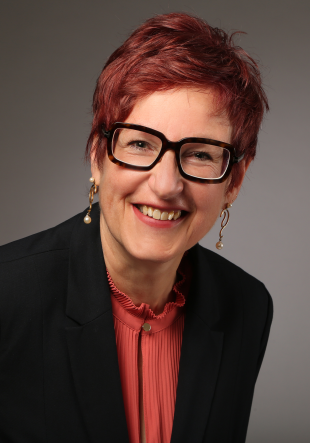Paderborn scientists investigate the use of new technologies from a humanistic perspective
Technologies of the fourth industrial revolution, in which people, machines and products are intelligently networked with each other, are changing the way people view and relate to the machines they themselves have created. According to some experts, the widespread use of artificial intelligence (AI), intelligent robotics and human enhancement threatens to completely replace humans in work processes. As part of the "Data Society" research training group, Paderborn University researchers have compared the current debate with historical discussions of the second industrial revolution, the triumph of the assembly line and industrial mass production around a hundred years ago. The interdisciplinary project reveals astonishing parallels: Although the new, digital technologies, compared to the older machines, are used in a decentralised manner and seem difficult to grasp, they have similar threatening effects on people. They generate fear of humans being displaced by technology.
According to Prof Dr Claudia, Öhlschläger, Professor of Comparative Literature at the Institute of German and Comparative Literature at Paderborn University, the two periods studied, the 1920s and today, are characterised by ideas about the status of humans in relation to machines. A hundred years ago, people were like cogs in a machine, but today they are reduced to a data point in a global network. "This is why the older diagnosis by philosopher Günter Anders is still valid: in the face of the overwhelming technology that they themselves create, people feel a 'Promethean' shame that makes them feel small and imperfect," explains Öhlschläger. This can lead to mistrust of AI or intelligent robotics, for example.
Faulty comparisons determine the narrative
People forget that they themselves are the creators of the new technology. "Today, artificial intelligence and other digital technologies tend to be overestimated in terms of their autonomy from humans and their performance. Shame towards them is therefore unjustified from a factual perspective," explains Prof Dr Martin Schneider, Professor of Personnel Economics at Paderborn University. "The overestimation is probably due to the fact that machines are usually compared to humans in a naive way." According to Schneider, terms such as "machine brain" or "robot arm" lead to the false conclusion that the machines function similarly, perhaps even better than their human counterparts. In reality, digital technologies are only kept going by hidden preliminary work in the form of countless hours of labour. Schneider: "Some of these technologies are even inefficient compared to humans. For example, the gigantic amount of energy that AI requires in daily use makes the idea that AI is inherently creative or productive absurd."
The findings of the Wissenschaftskolleg are intended to sensitise people to the use of new technology in the world of work and society and, in particular, to enable a humanistic approach to machines.
This text was translated automatically.





